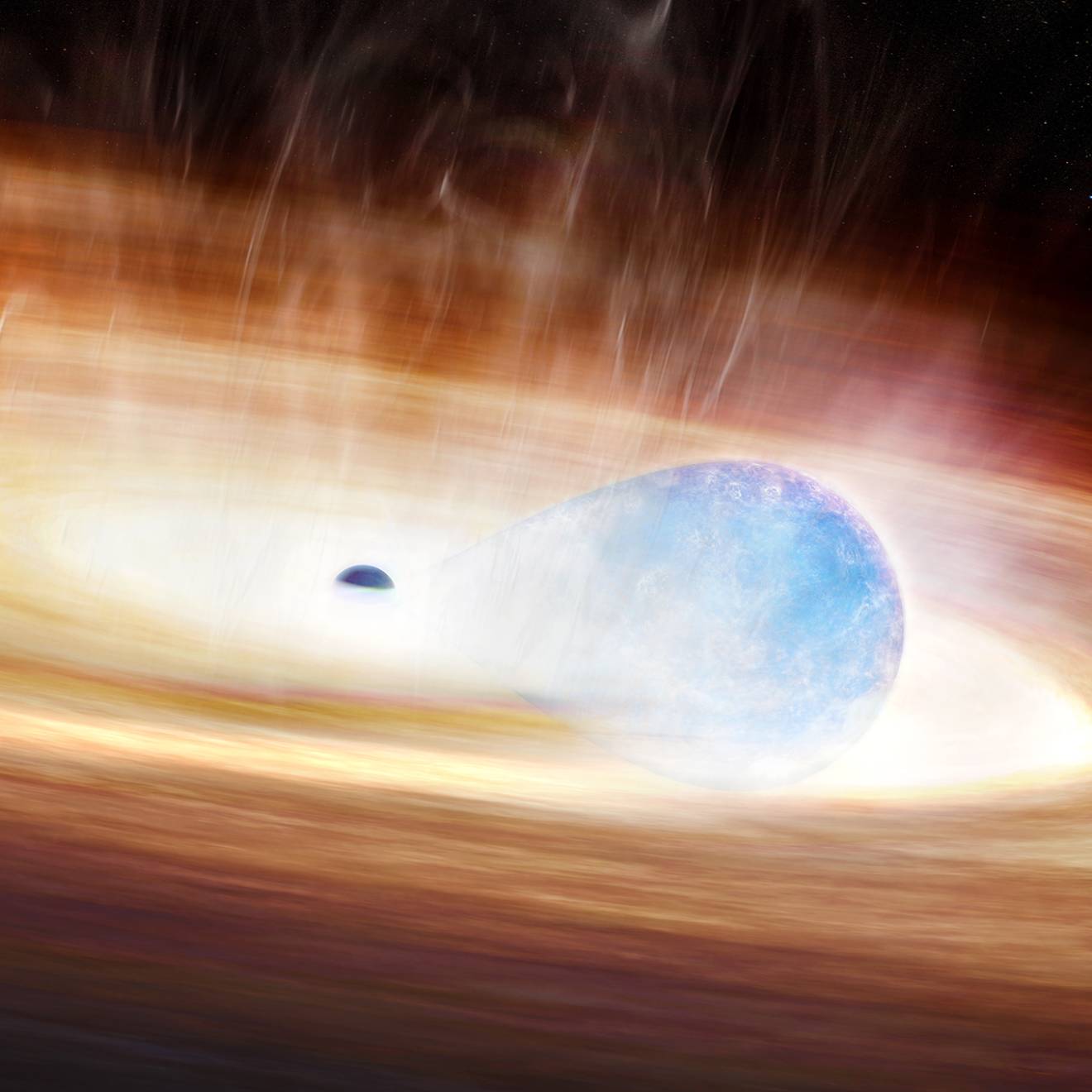Kathleen Wong, UC Natural Reserve System
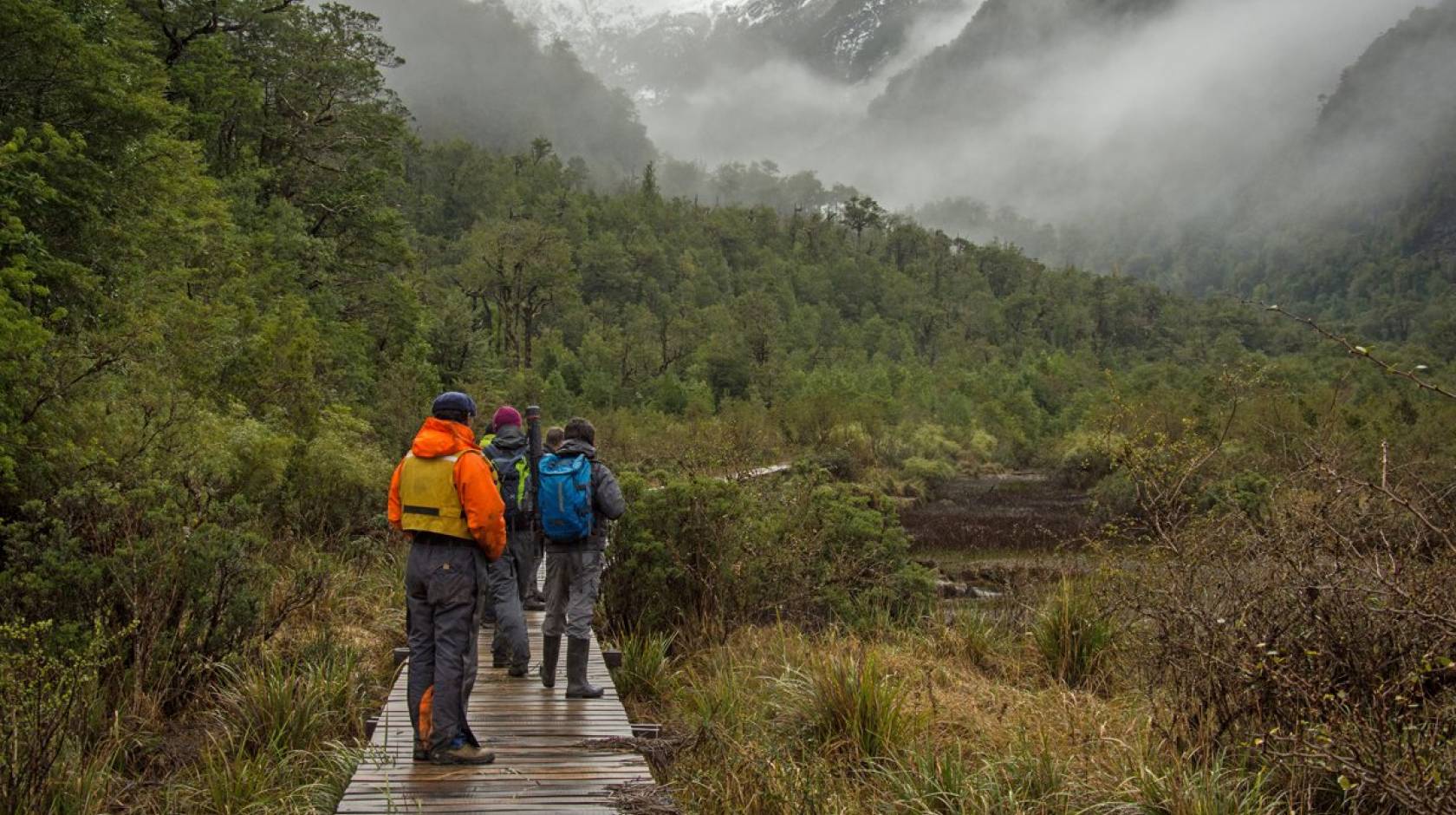
The UC Natural Reserve System is expanding its international connections by establishing an agreement with the regional centers and field stations (RCER) of Pontificia Universidad Católica de Chile (UC Chile). The agreement, the first between the NRS and another system of field stations, paves the way for exchange programs advancing environmental and ecological knowledge, comparing land management approaches, and promoting university-level learning in the two regions.
“We’re thrilled to be able to partner with such a highly respected institution and its diverse network of field stations,” says Steve Monfort, Executive Director of the UC Natural Reserve System. “This agreement provides students and scientists from both organizations access to a range of environments that are distinct but remarkably complementary.”
The two organizations are a natural fit on many levels. Their parent universities are premier institutions of higher learning in their respective countries. In addition, California and Chile share an astonishing number of biological and geographical traits. Positioned at similar latitudes on either side of the equator, both regions are long and narrow, include a Mediterranean climate zone, and harbor a central valley bordered by north-south mountain ranges. Their coastlines are also the site of cold coastal waters thanks to the California and Humboldt currents, making these marine areas extraordinarily productive. Environments in both places include deserts, temperate rainforests, and volcanoes that boasting analogous vegetation types.
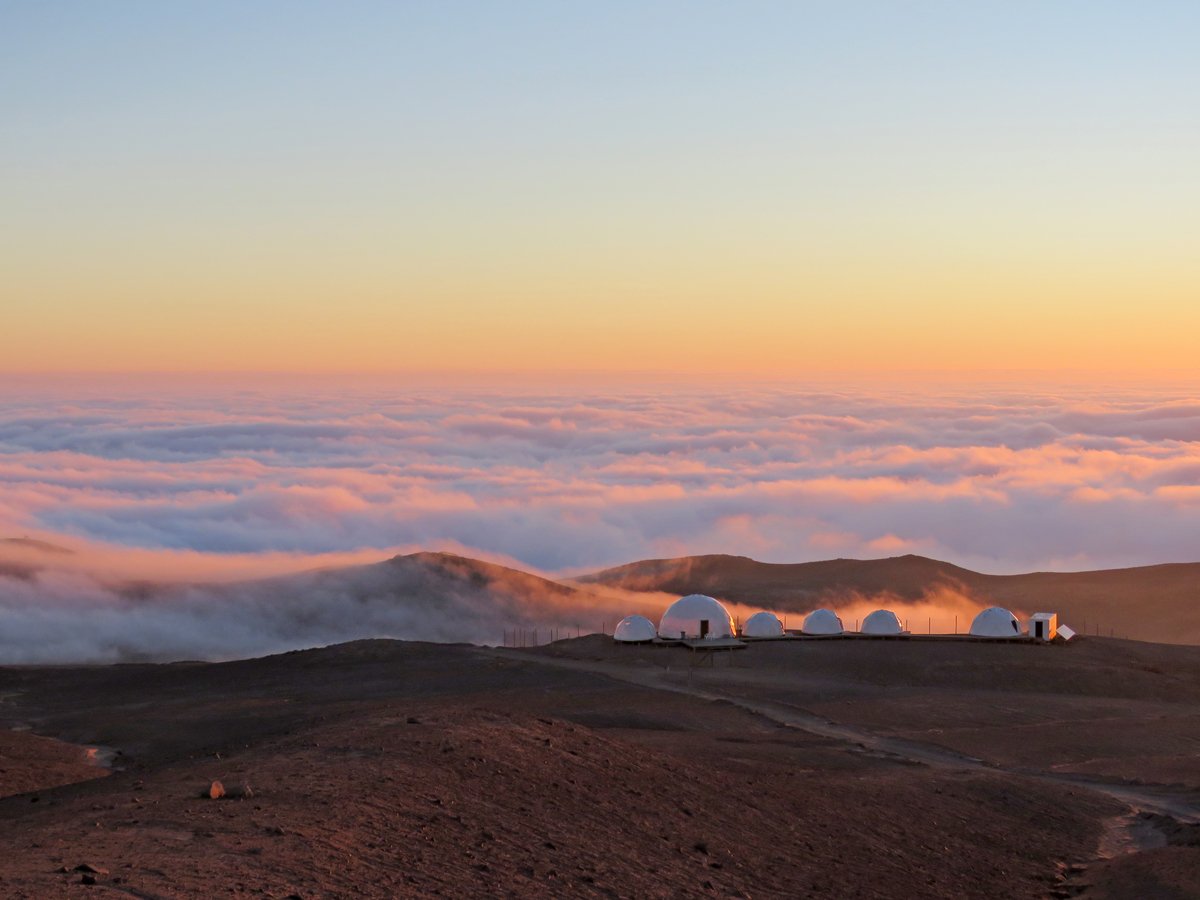
“Despite the fact that we share many aspects that make us quite convenient to do comparative research, we have complementary components which allow us to expand the possibilities of research of understanding of producing knowledge,” says Pedro Bouchon, Vice President of Research at UC Chile. “We have Patagonia, for instance, which is an extremely unique site. We have access to Puerto Williams, which is the southernmost town in the world. In our north, which is similar to your south in a way, has the driest desert in the world, the Atacama. We each can offer these additional sites which are quite unique.”
These parallels make the two regions ideal for studying how nature and human societies tackle similar problems. These challenges include coping with drought conditions and utilizing natural solutions such as wetlands to reduce the impacts of sea level rise.
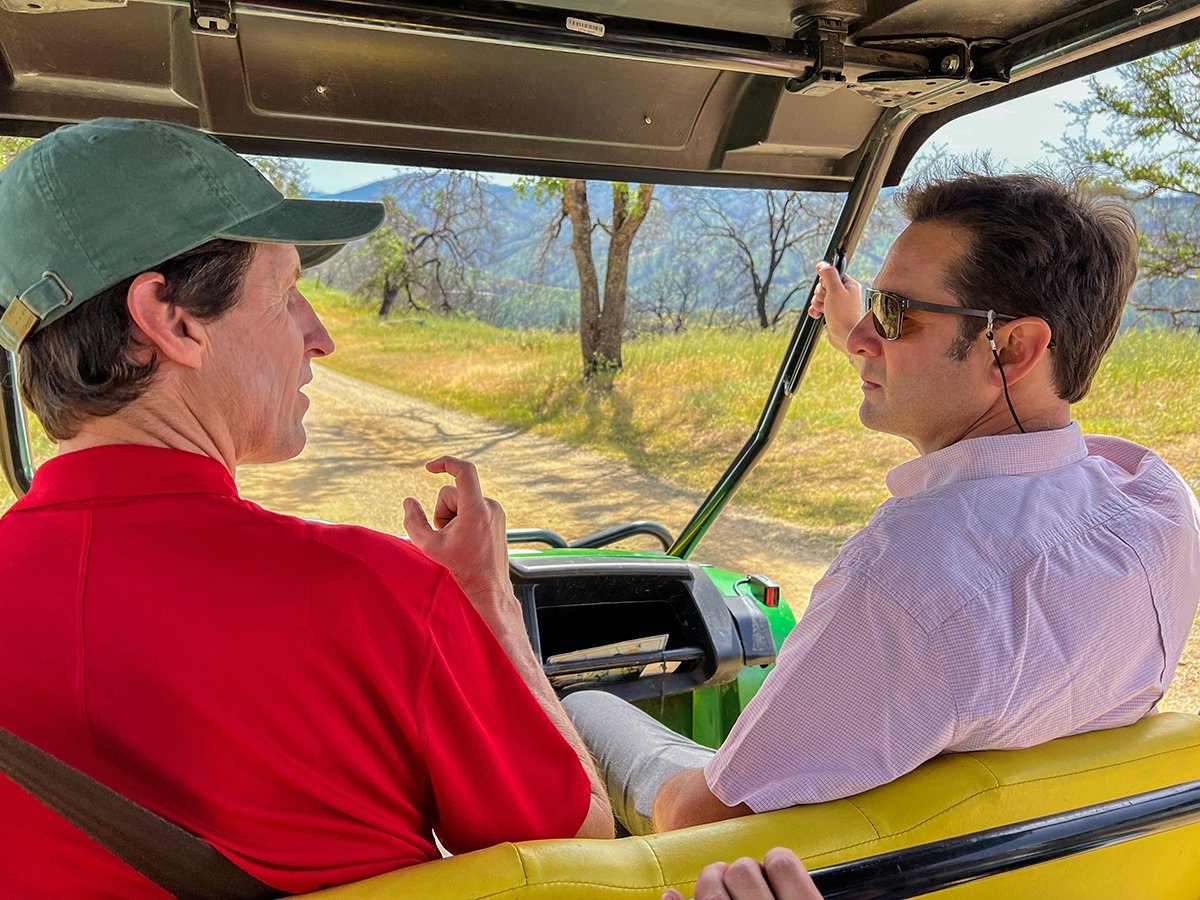
Bouchon was able to experience some of these complementarities between California and Chile firsthand on an April 7, 2022 tour of the NRS’s Quail Ridge Reserve. Reserve director Shane Waddell, together with former UC Davis NRS campus coordinator Jeffrey Clary, showed Bouchon a landscape transformed by a 2020 wildfire. Searing heat essentially dehydrated many shrubs and trees, killing them as surely as the crackling flames that consumed other vegetation. A year and a half later, many oaks that survived struggle to grow new shoots from their bases, while head-high stands of chaparral have given way to 360-degree views dotted with the burned skeletons of shrubs and trees.
“We in Chile face the same effects from fire because of climate change,” Bouchon says. “What happened here is a massive experiment that clearly shows the value of a natural laboratory. Studies here will help us better understand fire, and make the most of what happened to generate insights that will help us overcome these global problems.”
Both the NRS and RECR UC Chile bring diverse suites of field stations and reserves to the table. The 41 reserves of the NRS include examples of every major California ecosystem, including oak woodlands, deserts, conifer forests, and coastal environments. Covering more than 47,000 acres, the NRS is the world’s largest university-administered network of field stations.
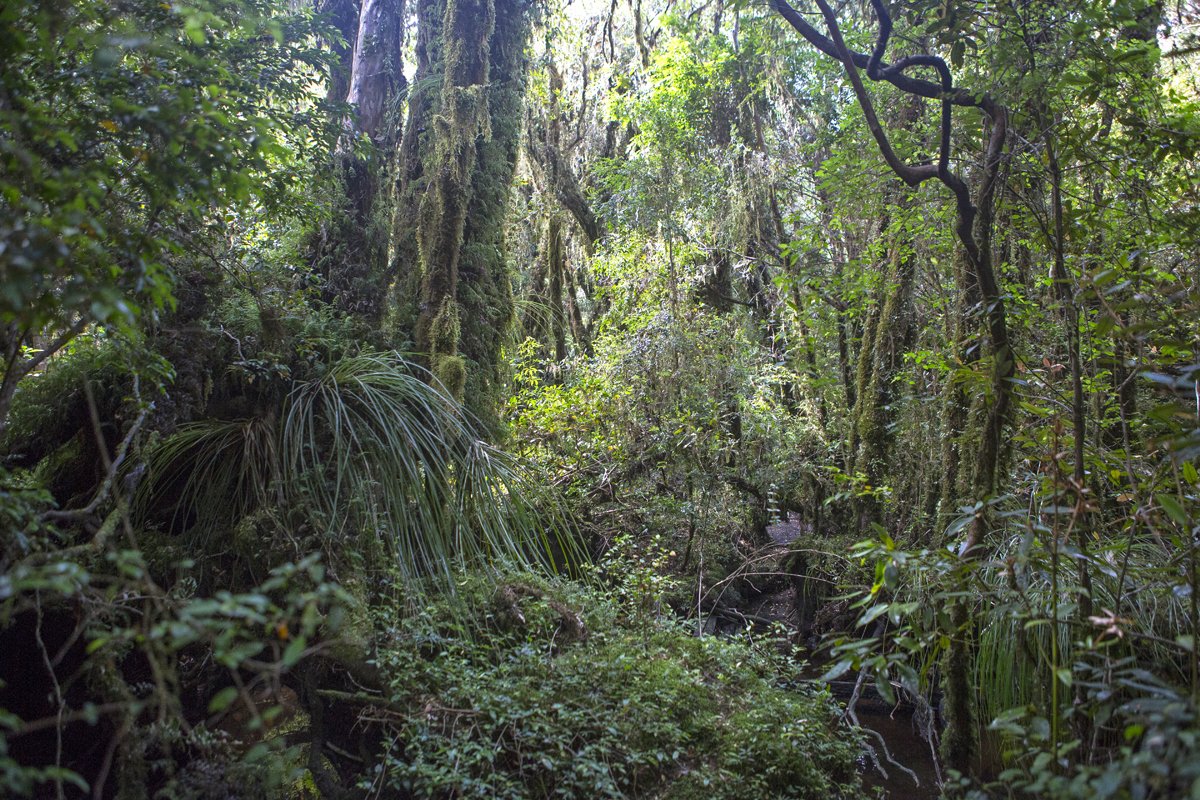
The seven regional centers and field stations of RCER UC Chile range from the Atacama Desert in the north, to the Andean peaks and wild rivers of Patagonia, to the southern tip of South America. Other facilities include a marine laboratory west of the capital city of Santiago, a forest station on the island of Chiloé, and a center devoted to the discovery of medicines derived from wild plants.
“We are very interested in the institution UCNRS has built driven by faculty,” says Sergio Guitart, executive coordinator of RCER UC Chile. “There is much knowledge in governance, management and administration to catalyze instruction, research and public engagement for UC Chile regional centers and field stations.”
More specifically, the agreement seeks to foster cooperative research and training programs between the two institutions. A primary focus will be investigating the causes and effects of major ecological and societal concerns, including the effects of climate change on biodiversity, desertification, and ecosystem services.
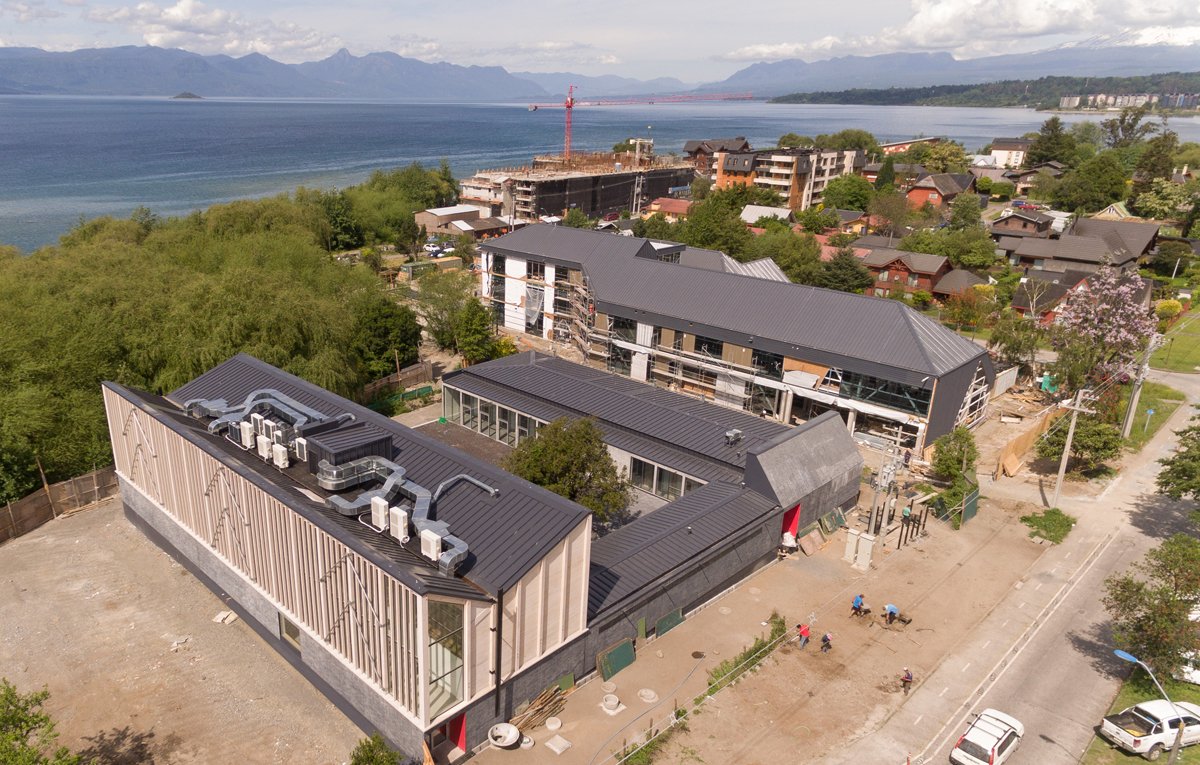
The two regions also face similar ecological challenges from drought, biodiversity threats, and extreme weather. For this reason, the agreement will encourage research by the social sciences to better understand interactions between people and the environment, and seek to identify nature-based solutions for environmental issues and human health.
Reserves face unique concerns such as how best to manage invasive species, interact with surrounding communities, and meet the needs of students and faculty. The agreement provides an opportunity for each organization to improve their own operations by learning about the other’s practices.
Exchange programs for faculty, staff, and graduate students will be the primary means of achieving the compact’s research goals. Courses and workshops jointly conducted by both universities will be another means to strengthen bonds between students and academics in California and Chile.
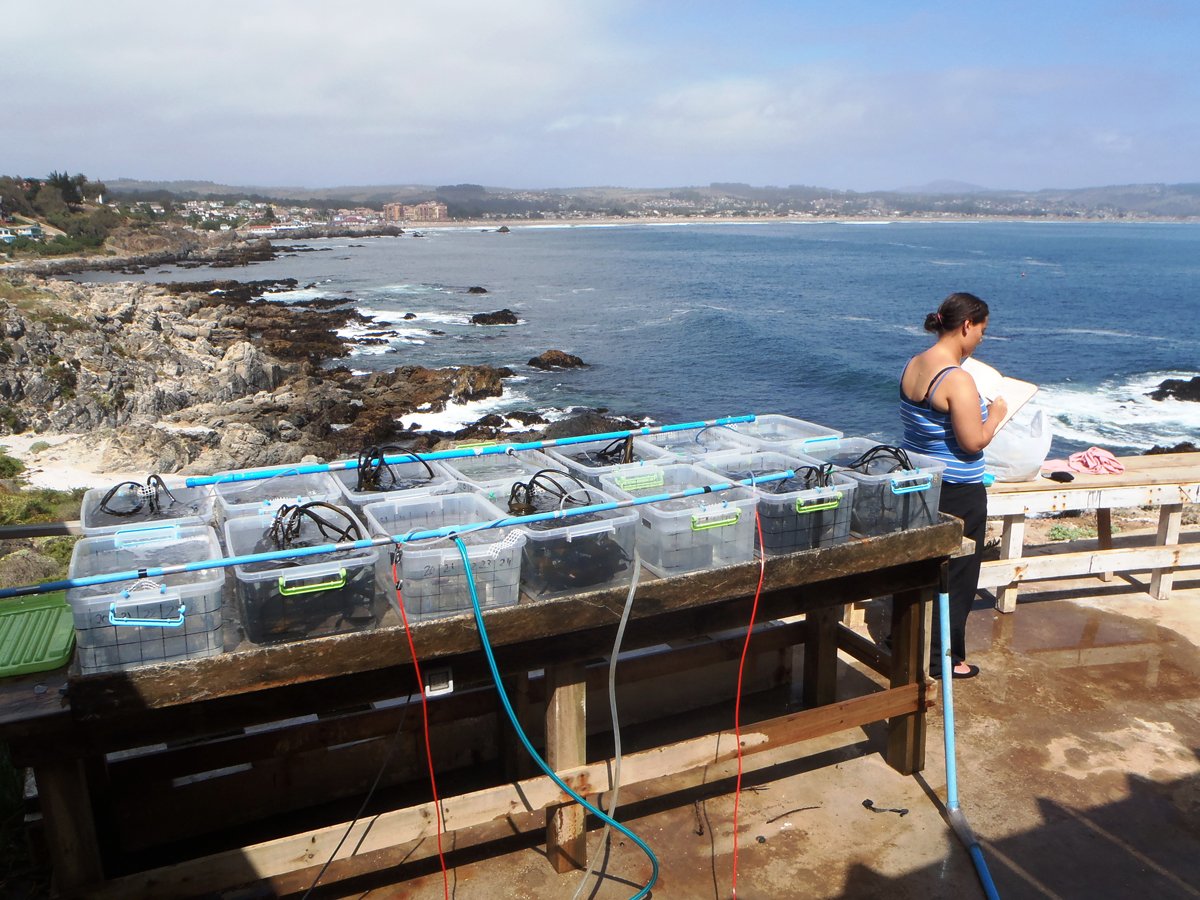
The agreement with UC Chile marks the third agreement made between the NRS and field stations outside U.S. borders. The NRS’s other “sister reserve” relationships were established in 2017 with Gobabeb Namib Research Institute in Namibia, and 2019 with Eco-Alianza de Loreto A.C. of Baja California, Mexico.
The University of California is the top-ranked public university in the United States. More than 285,000 students are enrolled at its nine general campuses and six medical centers.
Founded in 1888, Pontificia Universidad Católica de Chile is one of Chile’s oldest universities. It has more than 67,000 students and four campuses. It is widely considered one of the best universities in South America.

